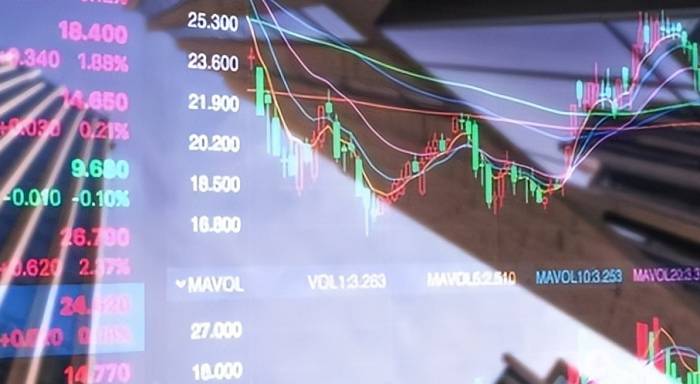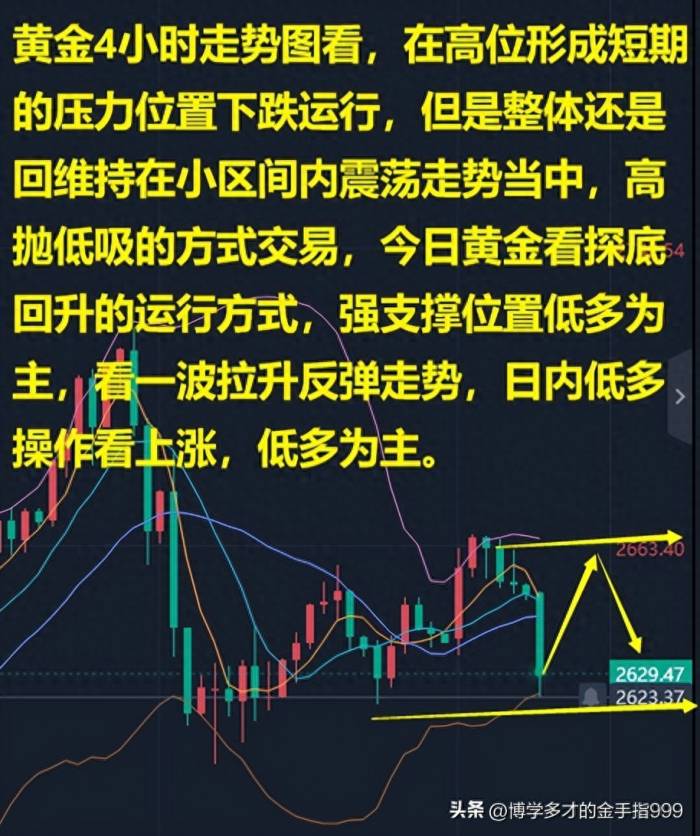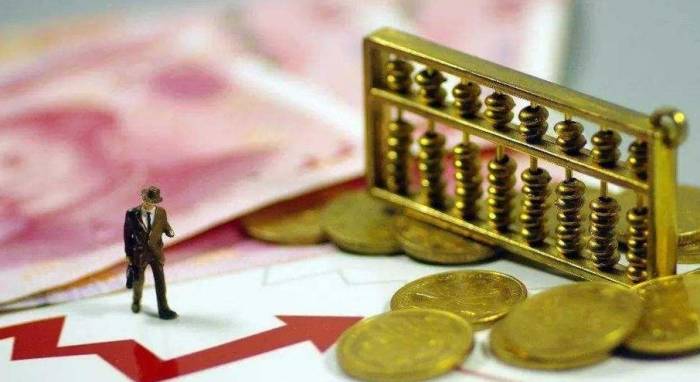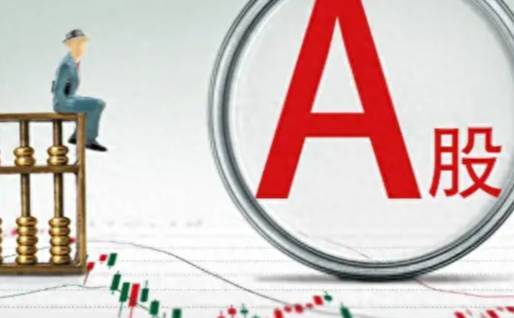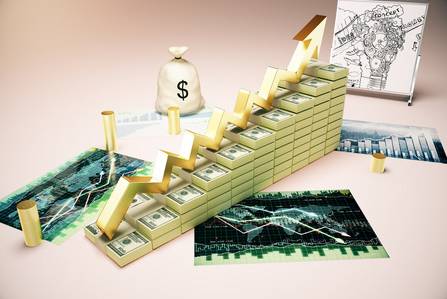In the intricate world of investment management, the performance of asset managers often shapes the fate of countless investors. Silver Hua Fund, a prominent player in the Chinese asset management industry, is currently at a crossroads, grappling with massive losses while simultaneously launching new funds. Despite reporting staggering losses totaling 37 billion yuan over two years, Silver Hua continues to promote and release a series of financial products, reflecting a perplexing yet not uncommon trend in the asset management sector.
Recent data from Tian Tian Fund Network reveals that Silver Hua Fund is actively marketing two new financial products—the Silver Hua CSI High Dividend Strategy ETF Link A/C and the Silver Hua CSI 300 Value ETF Link A/C. These products are managed by fund managers Zhang Yichi and Tan Yuefeng, both of whom are facing overwhelming challenges as they simultaneously oversee multiple funds. This scenario raises concerns about their ability to maintain quality oversight amid extensive responsibilities.
Zhang Yichi, a relatively new figure in fund management, currently oversees 14 funds, with a total asset size reaching 10.173 billion yuan. This rapid expansion in both the number of products and the total asset under management has not been without its pitfalls. While he has launched several funds this year alone—such as the Silver Hua CSI A50 ETF and the Silver Hua CSI 500 Quality Growth ETF—it appears that his performance record does not match the ambitious pace of new fund launches. The best performance of the funds he manages yielded an abysmal return of just 17.45%. This statistic is particularly disheartening considering that the Silver Hua Shen Zhen 100 ETF incurred a staggering -33.78% loss over a two-year period, illustrating substantial underperformance in a challenging market environment.
Similarly, Tan Yuefeng finds himself grappling with comparable struggles. He manages an impressive portfolio of 13 funds, though cumulative product launches this year stand at five. His total managed assets are about 7.193 billion yuan. However, he too is plagued by lackluster performance. The best return he has achieved across his managed funds is merely 19.76%, with several products demonstrating over 20% losses. For instance, the losses sustained by the Silver Hua CSI R&D Innovation 100 ETF, which returned 45.12%, are overshadowed by declines experienced elsewhere.
The backgrounds of these fund managers raise eyebrows. Both Zhang and Tan transitioned into the fund management space in 2021 after stints in banking, with Zhang previously working at the Industrial and Commercial Bank of China and Tan at the Bank of Communications. Although they both possessed experience as researchers prior to becoming fund managers, their rapid advancement to manage large pools of assets invites scrutiny. The uncertainty surrounding their capabilities to handle substantial funds without a solid performance history could be seen as questionable.
This trend is not isolated to just Zhang and Tan. Wang Shuai, another rising star amidst Silver Hua's roster of fund managers, began managing funds in 2019. Now, he oversees assets totaling 21.827 billion yuan across 14 funds. However, his performance over the past five years reflects a similar narrative, with a maximum return of just 17.19%. His largest fund, the Silver Hua CSI Innovative Pharmaceutical ETF, has faced a 26.23% drop since its inception—a concerning figure for investors looking for stability.
As Silver Hua persistently introduces new fund managers, the pattern remains disconcerting. In the last two years leading to 2024, the company has welcomed eight new fund managers, with several having already encountered considerable losses. Wang Lu, who took on the mantle of fund manager in January 2023, has three products—each showing alarming returns with the best performance yielding -10.82%.
Yang Teng, appointed just days apart from Zhang and Tan, now manages seven funds with an asset size totaling 1.504 billion yuan. Unfortunately, his performance mirrors that of his colleagues, showing negative returns across the board. Select funds have declined markedly, including the Silver Hua New Energy New Materials fund, which has dropped close to 50%.
Moreover, Wang Liming has stepped into a similar scenario, where his management of the Silver Hua Fu Jiu Food and Beverage Selection fund is underscored by losses exceeding 40% since his appointment in September 2021. As for the new managers of 2024, they have yet to establish a foothold as they oscillate between operating at profit and facing losses.
This ongoing trend within Silver Hua Fund illustrates a troubling reality in investment management—a commitment to scaling operations and launching new products at the potential expense of investors' financial well-being. As the ongoing volatility in the markets continues to put pressure on asset managers, the question remains: will the drive for growth ultimately compromise the integrity of fund management, or can these new generation managers learn from the challenges they face? Investors will be watching closely as this story unfolds, as it signals not only the future of Silver Hua Fund but potentially the broader landscape of asset management in China.








